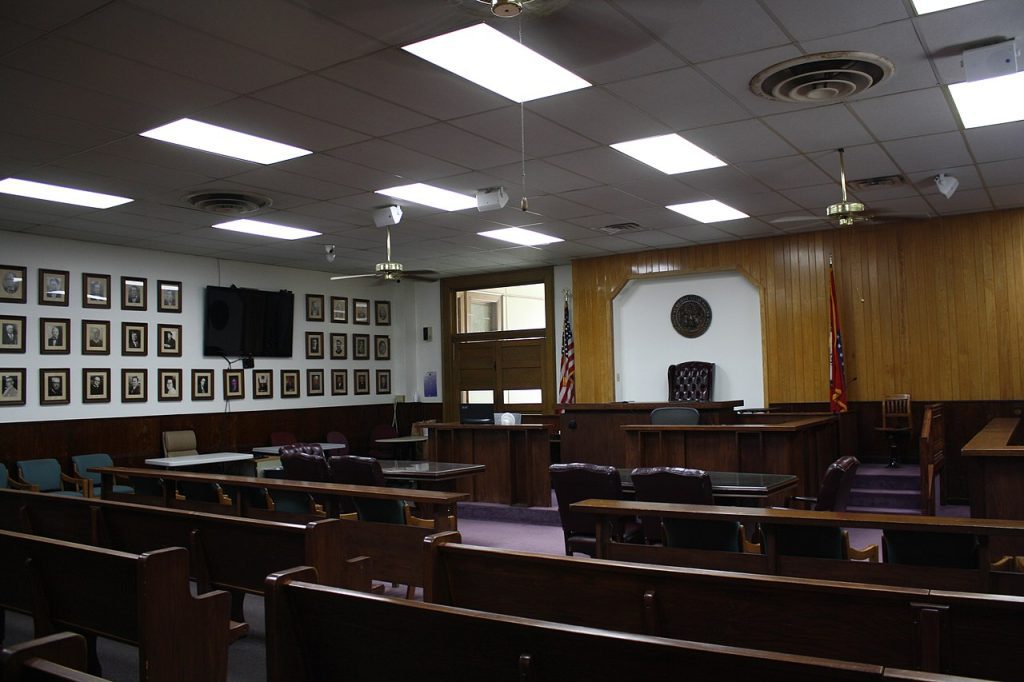Yes. In every state, a lawyer must comply with standards known as the Rules of Professional Conduct. In North Carolina, for example, you can go to the North Carolina State Bar website to find the current version of the state’s Rules of Professional Conduct. The same is also true for California, Florida, Maine and every other state.
What do the Rules of Professional Conduct require?
Every state’s Rules of Professional Conduct address a number of different standards for every lawyer. For instance, some topics include competency, the attorney-client relationship, misconduct, business relationships and more. Included below are three of the most important rules, using North Carolina’s Rules of Professional Conduct as an example.
Rule 1.1 Competence
“A lawyer shall not handle a legal matter that the lawyer knows or should know he or she is not competent to handle without associating with a lawyer who is competent to handle the matter. Competent representation requires the legal knowledge, skill, thoroughness, and preparation reasonably necessary for the representation.”
Rule 1.4 Communication
“(a) A lawyer shall:
(1) promptly inform the client of any decision or circumstance with respect to which the client’s informed consent, as defined in Rule 1.0(f), is required by these Rules;
(2) reasonably consult with the client about the means by which the client’s objectives are to be accomplished;
(3) keep the client reasonably informed about the status of the matter;
(4) promptly comply with reasonable requests for information; and
(5) consult with the client about any relevant limitation on the lawyer’s conduct when the lawyer knows that the client expects assistance not permitted by the Rules of Professional Conduct or other law.
(b) A lawyer shall explain a matter to the extent reasonably necessary to permit the client to make informed decisions regarding the representation.”

Rule 8.4 Misconduct
“It is professional misconduct for a lawyer to:
(a) violate or attempt to violate the Rules of Professional Conduct, knowingly assist or induce another to do so, or do so through the acts of another;
(b) commit a criminal act that reflects adversely on the lawyer’s honesty, trustworthiness or fitness as a lawyer in other respects;
(c) engage in conduct involving dishonesty, fraud, deceit or misrepresentation that reflects adversely on the lawyer’s fitness as a lawyer;
(d) engage in conduct that is prejudicial to the administration of justice;
(e) state or imply an ability to influence improperly a government agency or official;
(f) knowingly assist a judge or judicial officer in conduct that is a violation of applicable rules of judicial conduct or other law; or
(g) intentionally prejudice or damage his or her client during the course of the professional relationship, except as may be required by Rule 3.3.”

Are the Rules of Professional Conduct binding?
Yes. If you practice law in a state, the Rules of Professional Conduct in that state are binding. This means that all attorneys must follow them. There are no exceptions. So, if your attorney in your criminal case breaks these rules, you have options. For example, you can use that to support an ineffective-assistance argument and other arguments on appeal.
But you also need to understand that there’s a difference between a state’s Rules of Professional Conduct and the Model Rules of Professional Conduct published by the American Bar Association. Unlike a state’s rules, these model rules aren’t binding and are only guidance.
The Takeaway:
Every lawyer has standards that they must live up to. You can find these standards in the Rules of Professional Conduct. Every state has binding Rules of Professional Conduct that states must follow. The American Bar Association publishes its own model rules, but those rules aren’t binding.






